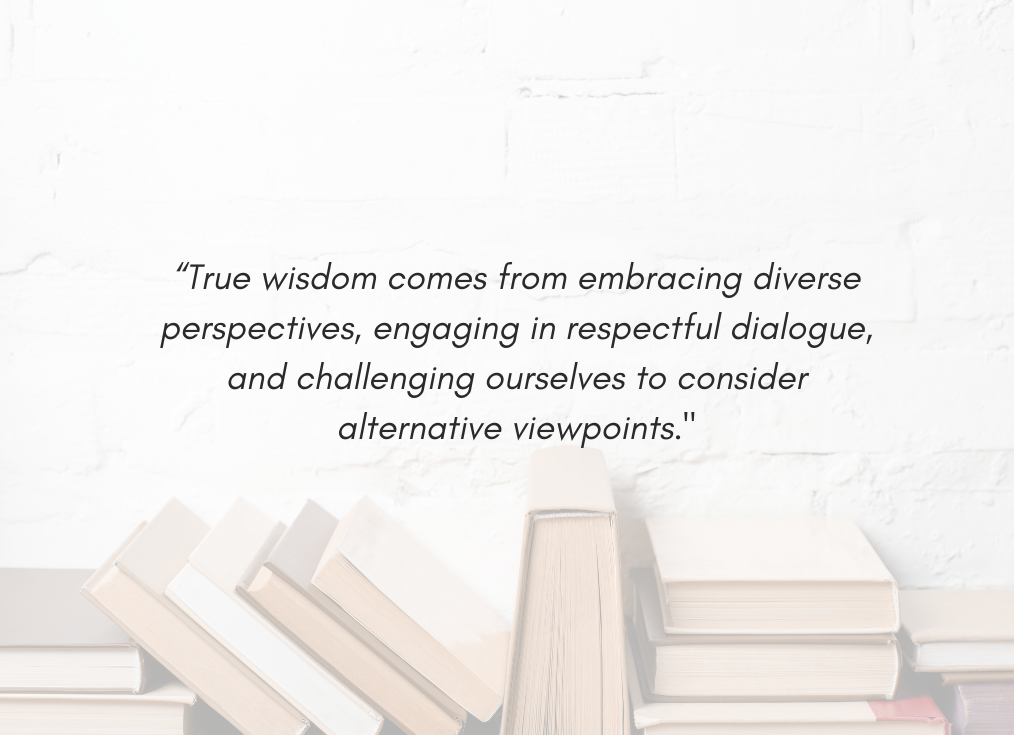Too Much of a Good Thing

June 21, 2024
Sivan 15, 5784
In this week’s Torah portion, Behaalotecha, we encounter a powerful message about the dangers of excess, even when it comes to good things. In Numbers 11:20, the Israelites demand meat, and Gd responds by providing them with so much that “it will come out of [their] nostrils and become loathsome to [them].” This cautionary tale reminds us that moderation is key, for even the most desirable things can become burdensome and repulsive if taken to an extreme.
The idea of “too much of a good thing” is not a new concept. In Shakespeare’s play “As You Like It,” written in 1623, the question is posed: “Can one desire too much of a good thing?” And even earlier, in 1430, the poet John Lydgate wrote in “The Fall of Princes,” “For whoso hath too much of any good, Of that same good he shall be soon bereft,” warning of the potential loss that comes from overindulgence.
Modern examples abound as well. Too much exercise can damage joints, ligaments, and muscles. Excessive water consumption can lead to hyponatremia, a potentially dangerous electrolyte imbalance. And smartphone addiction can cause social problems, lack of sleep, and mental health distress. In each case, moderation is the key to maintaining balance and well-being.
…
This message of “too much of a good thing” is echoed in one of my favorite childhood movies, “Brewster’s Millions.” In the film, Brewster embarks on an exhausting quest to spend $30 million in order to gain a much larger inheritance. Through a series of lavish spending sprees and indulgences, he ultimately develops a disgust for money and finds happiness in simplicity and “average” comfort. Just as the Israelites grew weary of the overabundance of meat, Brewster’s excessive pursuit of wealth left him empty and unfulfilled. It was only when he embraced moderation and appreciated the simple joys in life that he found true contentment. This comedic tale serves as a lighthearted reminder that even the things we desire most can become a burden when taken to an unhealthy extreme.
In these difficult, partisan, and trying times, it can be tempting to surround ourselves with those who validate our personal thoughts and opinions. We find comfort in like-minded individuals who reinforce our worldviews and confirm our biases. However, this echo chamber approach can be detrimental to our growth and development.
True wisdom comes from embracing diverse perspectives, engaging in respectful dialogue, and challenging ourselves to consider alternative viewpoints. Just as the Israelites discovered the drawbacks of overindulgence, we too must recognize the limitations of surrounding ourselves solely with those who mirror our own beliefs.
Having friends, neighbors, and loved ones who support us is undoubtedly important. But it is equally critical to have those who challenge us to develop our thinking and grow, who present opposing ideas and push us to expand our understanding. Only through this process of open-minded engagement can we find shared solutions that advance our society, our relationships, and our own mental health.
As we reflect on this week’s Torah portion, let us heed the call to moderation and balance. Reach out to a trusted friend with whom you can have an honest, non-judgmental conversation built on trust and vulnerability. It is through these difficult but rewarding exchanges that we can truly build a collaborative, diverse, and inclusive Jewish community – a community that embodies the values of the Jewish Federation of San Antonio. Because we are…
Shabbat Shalom.

